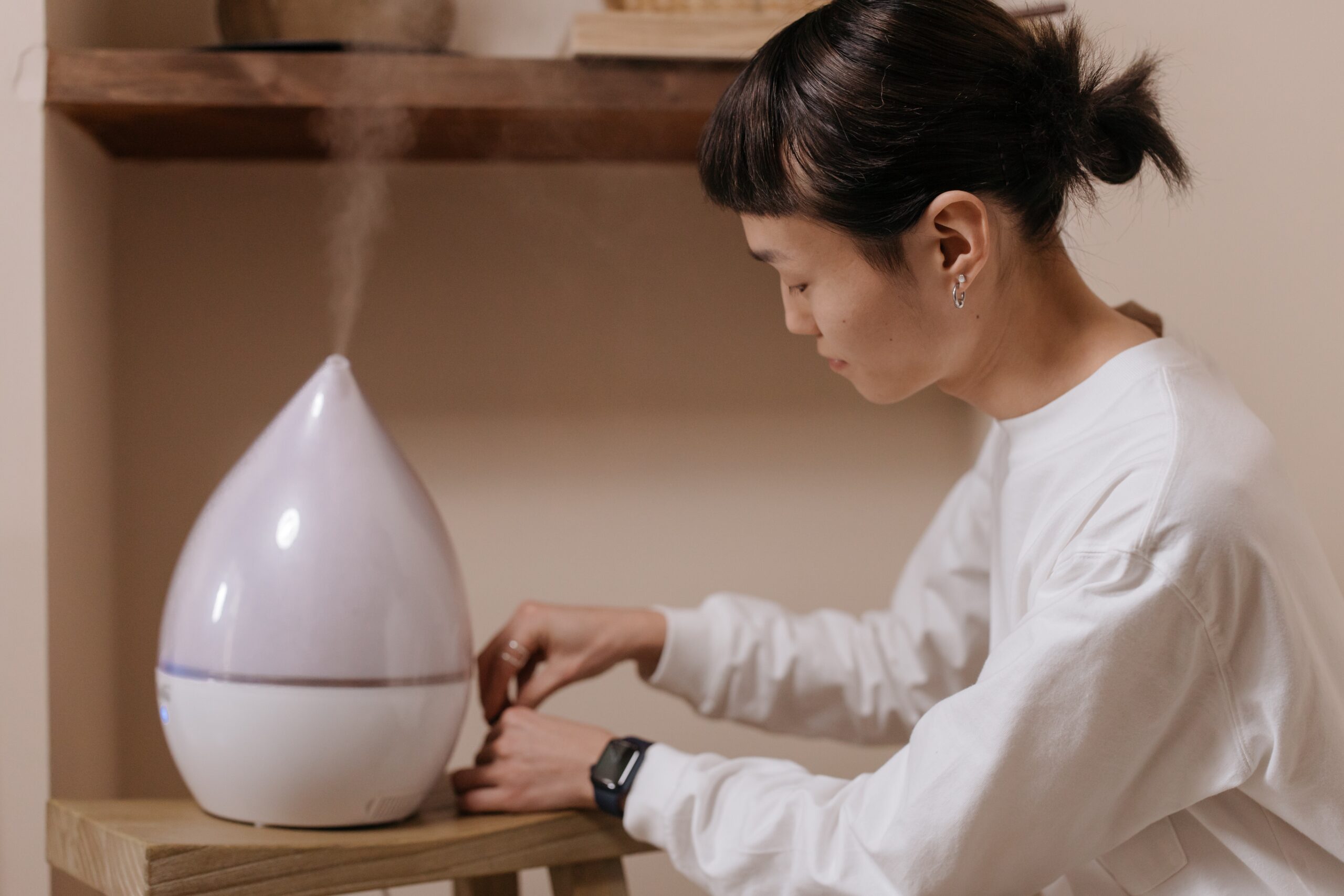I don’t know about you but one of my biggest pet peeves is having dry skin. During the winter our skin naturally becomes drier and for those of us who live in dry climates it can be hard to find ways to keep our skin, especially on our faces, well hydrated. Here are some steps you can add to your winter skin care routine in order to keep your skin well hydrated.
In a world becoming more conscious of the things we’re putting in and on our body, I’ll focus on more natural ways to keep your skin from feeling dull and dry.
Drink Water
The first and easiest step to add to your winter skin care routine is to drink water. This is a challenge for so many of us so come up with some unique ways to remind yourself to sip your h2o during the day. Set alarms or get a fancy water bottle that tracks it for you. When we hydrate our body, our skin will naturally start to get that glow that so many of us desire. The Mayo Clinic recommends that women drinks about 91 ounces of water each day, or more depending on factors such as exercise and climate.


Buy a Humidifier
This one is for those who live in the dry climates. For me, my city sits at about 10-15 percent humidity and my skins FEELS it. One way I have found that helps my skin stay hydrated and looking good, is to have a humidifier in my bedroom. Along with your skin drying out, The Cleveland clinic says that “breathing dry air can cause respiratory ailments such as asthmas, bronchitis, sinusitis, and nosebleeds.” So, crank up the humidity and see how your body thanks you.
Avoid the Extremes
As much as I love a good hot shower at the end of the day, it can actually damage your skin and cause it to dry out even more. Keep the temperatures on the warm side to avoid stripping your skin of its natural oils. Cold temperatures are also damaging to our skin so staying bundled up when outside in the winter will help hold in the moisture.


Moisturize
This one seems almost like a no brainer, but I know a few people who do not moisturize. However, finding a good moisturizer is key to keeping your skin hydrated in the winter months. Use one that is thicker than the one you use in the summer, like a balm or a cream.
Wear Sunscreen
This one is a common debate that I have heard lately, but sunscreen is so important. I live at a high altitude, and our skin burns super easily because of being so much closer to the sun. Wearing sunscreen helps to protect against the suns harmful rays.


Don’t Forget Your Lips
Chapped lips are pretty irritating in my opinion so keeping them hydrated is super important. Dermatologists recommend not touching, biting, or licking your lips in order to lock in moisture along with using products with shea butter, castor oil or products that contain titanium oxide or zinc oxide.
Eat Vegetables
I might sound like some your parents but eating plenty of fruits and vegetables can make a huge difference when it comes to our body’s biggest organ. Fruits and veggies contain many of the vitamins and minerals our body and skin needs to stay hydrated and healthy. A medically reviewed article said this about eating healthy, “Eating a balanced diet that includes a variety of fruits, vegetables, fortified dairy foods, legumes (beans, lentils, and peas), and whole grains is the best way to get adequate vitamins.” No need to add a ton of supplements to your diet, unless your doctor recommends it. Just be sure your dinner plate has lots of colors on it.


Caffeine
Some of you may come at me for this one, but drinking too much caffeine naturally dehydrates you. One study, although done on men, found that “coffee did not result in dehydration when provided in a moderate dose.” So, go ahead and have your daily cup of coffee, but don’t go too crazy and make sure you are also drinking plenty of water at the same time. One habit I have found to work well is to make sure I drink at least one cup of water before having my coffee in the morning
So, for your winter skin care routine, don’t skip out on your veggies and water, buy a humidifier, and moisturize. For more helpful health tips, check out our article on how to make good food choices.




